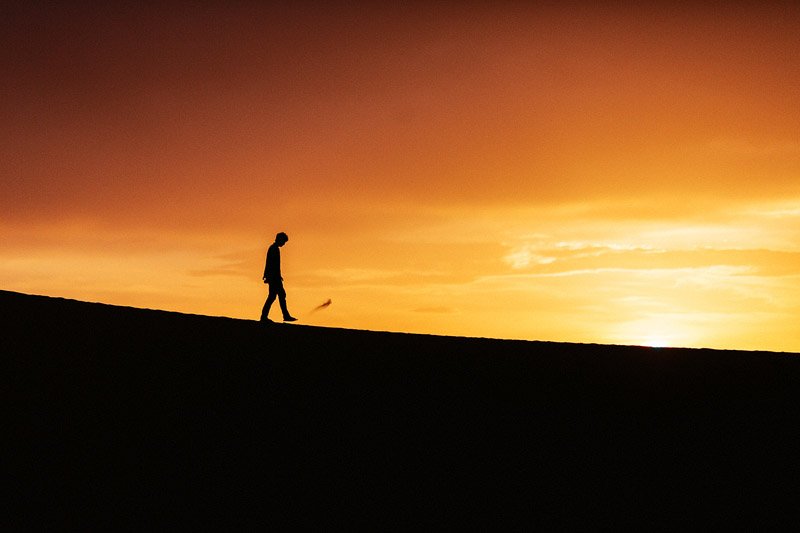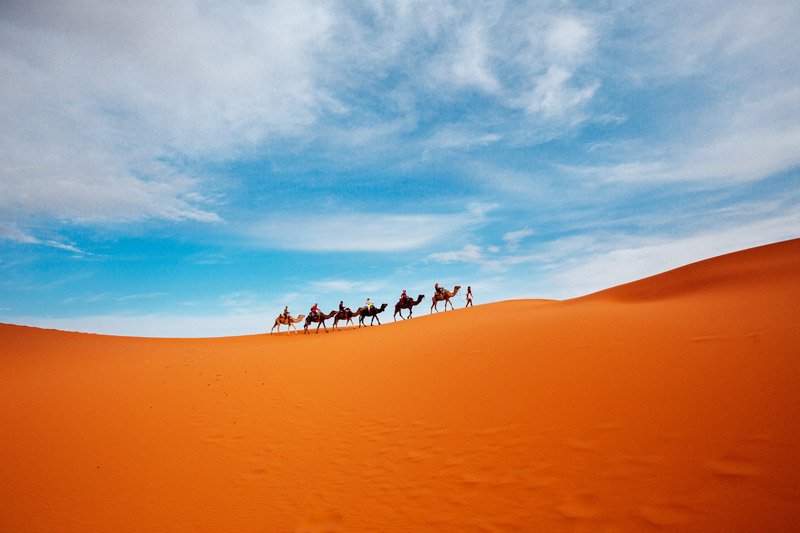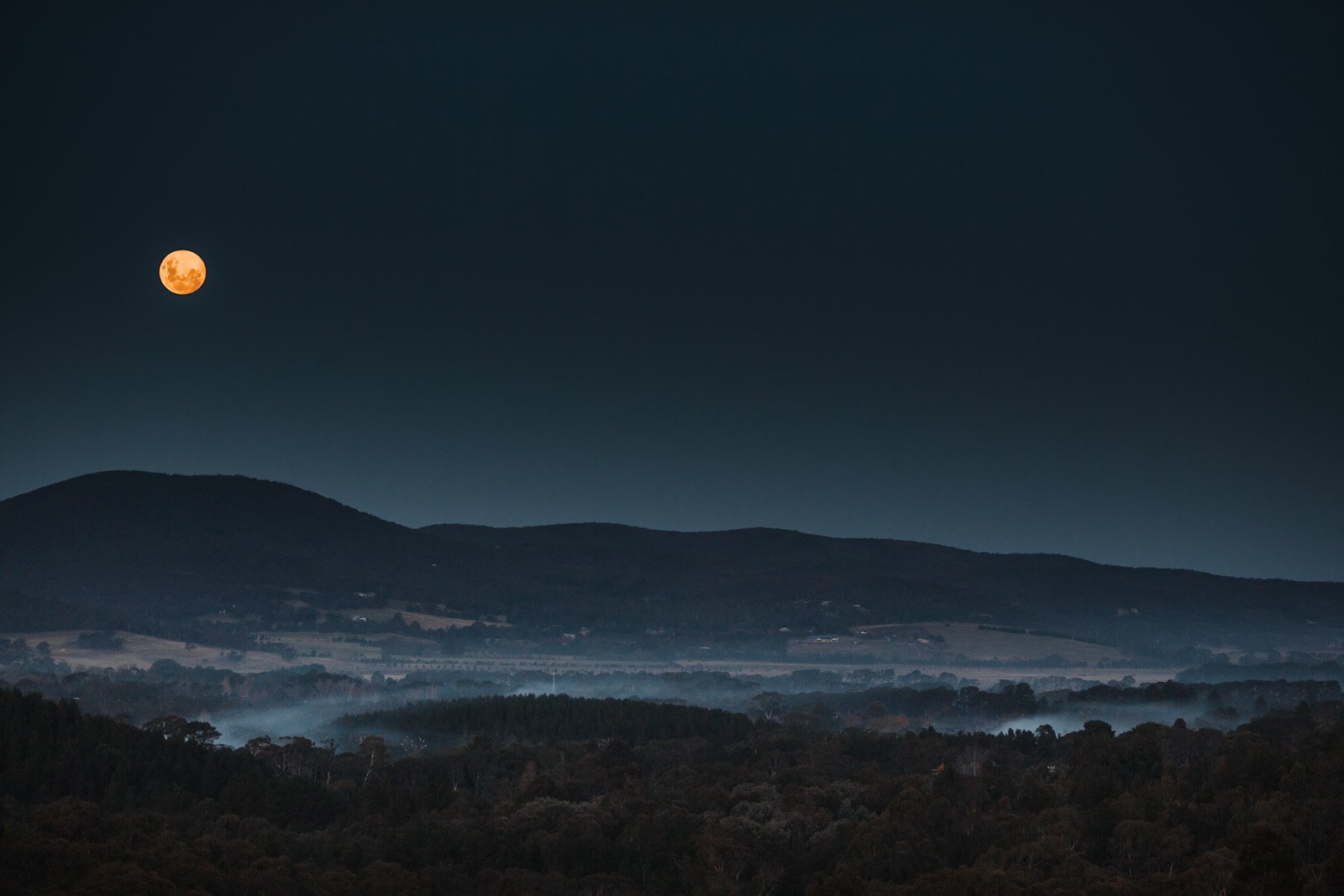I think a lot about equality – I guess being a dark skinned person growing up in a predominantly white country, you’re kinda forced to. I’ve been fortunate to not experience discrimination in the same way that many others have but that doesn’t make me immune to it. Nor does it make me exempt from discriminating – I always try to think about how my behaviour impacts others. As such, when it comes to being a photographer and small business owner, maintaining equality is something at the forefront of my mind.
This month is the first of two columns on this very topic – equality, and why I think that it’s something all of us, even photographers, need to think about. You might not agree with everything in this article but I hope it at least starts a discussion.

The wedding industry is huge. People have access to information and inspiration like never before and resources such as Pinterest, wedding blogs and forums, photographer’s websites, magazines, etc. are driving the direction of the industry. But from what I see, this industry is in no way representative of society. I think it’s overly obsessed on the idea of beauty, and by that, I mean society’s convention of beauty. Some wedding resources are more representative than others but for the most part you’d think that it was only ever white, model-esque, wealthy heterosexual people that get married! I’m willing to predict that most of you can open up any of the well-known wedding magazines, scroll through every page of it and not see a single person who looks like you. And if you just happen to be a non-white person like me, or part of a same sex couple, your chances dropped just that bit more! It’s well known that societal norms which cause people to feel excluded create a lot of damage as time goes on. The number of people who suffer from body image issues, anxiety and depression as a result of everyday exclusion is staggering. Every day each of us are sent messages about how we ‘should’ look, and we’ve all had days where we aren’t happy with our appearance – we may not be ‘skinny enough’, or have ‘clear enough skin’, perhaps our ‘eyes are too close together’ or we’re ‘too short’. But you know what? It’s rubbish – we’re all unique and interesting and nothing should tell us otherwise!
Us wedding photographers unfortunately have figured out a way to contribute to this process of exclusion too through the process of selective blogging. I have many wedding photographers say that our websites should “show only the kind of weddings you want people to book you for.” It took me a while to figure out why this was bad but the more I thought about it, the more I realised that if I selectively blogged, I was actively participating in discrimination by supporting the idea of only showing what the industry views as the “best” weddings.

Kristen found out early on that most of wedding photographers we followed selectively blog and she was appalled. At the time I naïvely parroted to her in order to be successful you needed to be seen to shoot the “best” weddings, and you should only make public your “best” work. She bombarded me with questions – “who decides what weddings are best?”, “so photographers make money from couples and then don’t show their wedding publicly because they think it isn’t cool enough?” The one that really hurt was “how would you have felt if a photographer refused to blog our wedding because they didn’t think we were attractive enough or our wedding pretty enough?” I kept repeating “Well that’s just how the industry works!” Kristen said “I don’t care in the slightest what the industry does, this is about what YOU do – I thought you wanted a business where your work was about the uniqueness of the couple and about capturing that uniqueness with awesome photos.” It sounds harsh but it was the reality check that I needed. Kristen is a psychologist and deals on a day-to-day basis with the real impacts of people being excluded and she wanted no part in it. For her to think we were earning an income from discriminating against people was against her values and it was also against mine, but I was being pulled into the idea of what the ‘norm’ of the industry was.
I understand why us wedding photographers show off our best work and I also appreciate we are under no obligation to ever release work that we don’t love – but if we’re not releasing images based simply on our personal assessment of the people in the images or of the level of “details” in the wedding, we’re further reinforcing inequality and unrealistic norms. Basically, at the core of it, selective blogging encourages us to feature not our best images but only the “best looking” couples who have the “best looking” weddings, which all depend on current trends in broader society. It reduces each couple and their wedding day down to a personal, and dare I say it, prejudicial assessment. It even reeks a little of hypocrisy, the couple’s money is in your pocket but you can’t possibly be seen photographing people like “that”. The resources available in the wedding industry should inspire other couples that are planning their own weddings, but at the same time, we shouldn’t be creating unrealistic expectations for these couples about what they and their wedding should look like.

If you can get past the ethical issue of selective blogging, it’s also a pretty bad business decision as you’re potentially alienating a huge portion of your potential client base! Let’s just look at just one easily quantifiable element when measuring representation in the wedding industry, skin-colour (there aren’t statistics on ‘beauty’ or ‘cuteness of wedding details’!). The Australian Bureau of Statistics found that of 123173 marriages in 2012, 18.1% of males and 22.2% of females getting married were born in non-Caucasian countries. It’s probably also safe to also assume a fraction of the remaining 100 000 or so couples have one or both members who are the children of non-white migrants or of people of varied descent. That’s a damn lot of people who you can appeal to by making them feel included or represented in your work. I met a couple about 6 months ago who couldn’t believe that I blog every single wedding I photograph while also marveling the fact that I seemed to have such diverse and interesting weddings on my site. This isn’t just a coincidence, I think these two points are intrinsically linked in a cycle– if you represent everyone, you will be accessible to everyone and then you can represent everyone.
We are always battling uphill as ethical photographers but in order for greater society to change for the better, we need to first create change directly in front of us. Things are not automatically ok just because other people do it and you always have the choice to not be part of anything if it doesn’t fit in with your values – which is what all of this comes back to.





3 Comments
It feels really good to read that ethic can be “sexy” for diverse reasons, the rational one (representativity of the population therefore client access, therefore money) and the moral one (that a wedding is a beautiful thing even without geometric patterned straws or candy bars).
It also brings a bit of sanity in a competitive environment where, too often, we think there’s only one way to be liked and therefore have work.
Your great article puts brilliantly in words what I didn’t manage to articulate… thanks!!!
Great point Laura – I totally agree with you! It’s sometimes not so much about what you do/don’t do, it’s the spirit that you do it in and sometimes context is important! It doesn’t sound like you’re being discriminatory at all (the opposite would probably apply) and I think what you’ve said is a really important consideration that I didn’t include so much in what I wrote (only this bit: “I understand why us wedding photographers show off our best work and I also appreciate we are under no obligation to ever release work that we don’t love.”). Thanks for expanding on it further for me. :)
I agree that sometimes venues/lighting can be super tough though, and as I understand it, it’s probably MUCH harder for you photographers in the UK because of the restrictions around the spaces in which people can get married and how much light you have available! I actually struggled at one of the weddings this year in the UK because the room was so dark! Us Aussies get a great deal here!! :)
Thanks again for your great comment!
I don’t blog all of my weddings. It’s nothing to do with how pretty the couple or the details are. It’s not even to do with how cool the wedding is. It’s definitely not to do with whether the couples are Caucasian – I have actively left old work in my portfolio that I might have otherwise removed because they show non-white or non-hetrosexual couples and I want to send the message that I value diversity.
However, sometimes you get a wedding no one looks like they are having fun.
Sometimes you get a wedding in a really dark venue, where you are prevented by the registrars from adding any additional light.
If you are not blogging some weddings because the couple or their wedding are not aesthetically (or for reasons of being a massive, horrid bigot) to your taste then that’s one thing. If you aren’t blogging a wedding because factors outside of your control meant your work was fine but not work that you’re 100% proud of, that’s something else.
In most other creative fields, the idea of showing every piece of work you have ever made would be laughed at. I agree. Show your best work and make an assessment about what that is on a creative basis, not on the characteristics of the couple / their wedding.